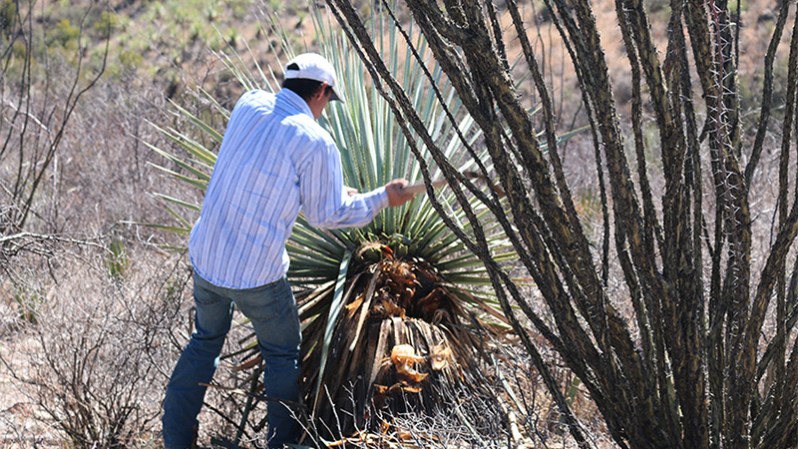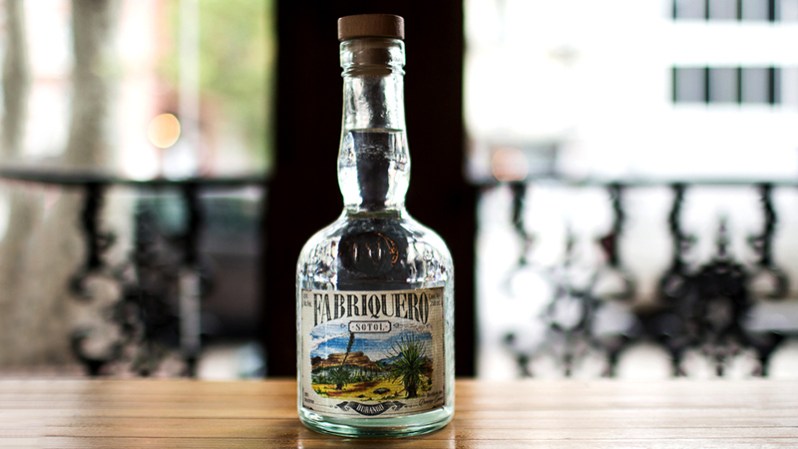Over the last few years, spirits made in Mexico have gained notoriety and grown in popularity. First, tequilas rose to power (and still on top of the pile, as it were, selling 15,867,000 cases in 2016). Then, more recently, we’ve seen an explosion of mezcals available in markets across the United States. Now, we’re getting a new treat—the northern cousin to tequila and mezcal, sotol.
Made from a wild plant called “the Desert Spoon” (Dasylirion wheeleri), which is known as sotol in Spanish, the spirit can only be produced in three states—Chihuahua, Coahuila, or Durango. Originally, Desert Spoon was thought to be (and classified as) an agave, but is no longer as more DNA studies have been completed and it was shown that it is merely related to agave.

Fabriquero Sotol, for example, one of the first sotols to be sold commercially in the United States, is also one of only two sotols made in Durango. Produced by Don Héctor Jiménez using century-old methods at his family’s vinata, Fabriquero uses 100-percent estate-grown sotol that are hand-picked and cooked for five days in a pit that uses acacia and mesquite as fuel. Once cooking has been completed, the sotol is crushed and fermented in the open air before being double distilled in a copper alembic still.

As for its flavor profile, the spirit takes on many of the characteristics of the elements around it. You’ll get a good bit of minerality and grassiness from the terroir, while also having slightly smoky notes that come from the five-day cooking process. The various features that you can pull out of the sotol help it to be a spirit you can drink straight, on the rocks, or in a cocktail (sotol old fashioned, anyone?)
Fabriquero Sotol will be available nationwide in limited quantities and will retail around $65.



